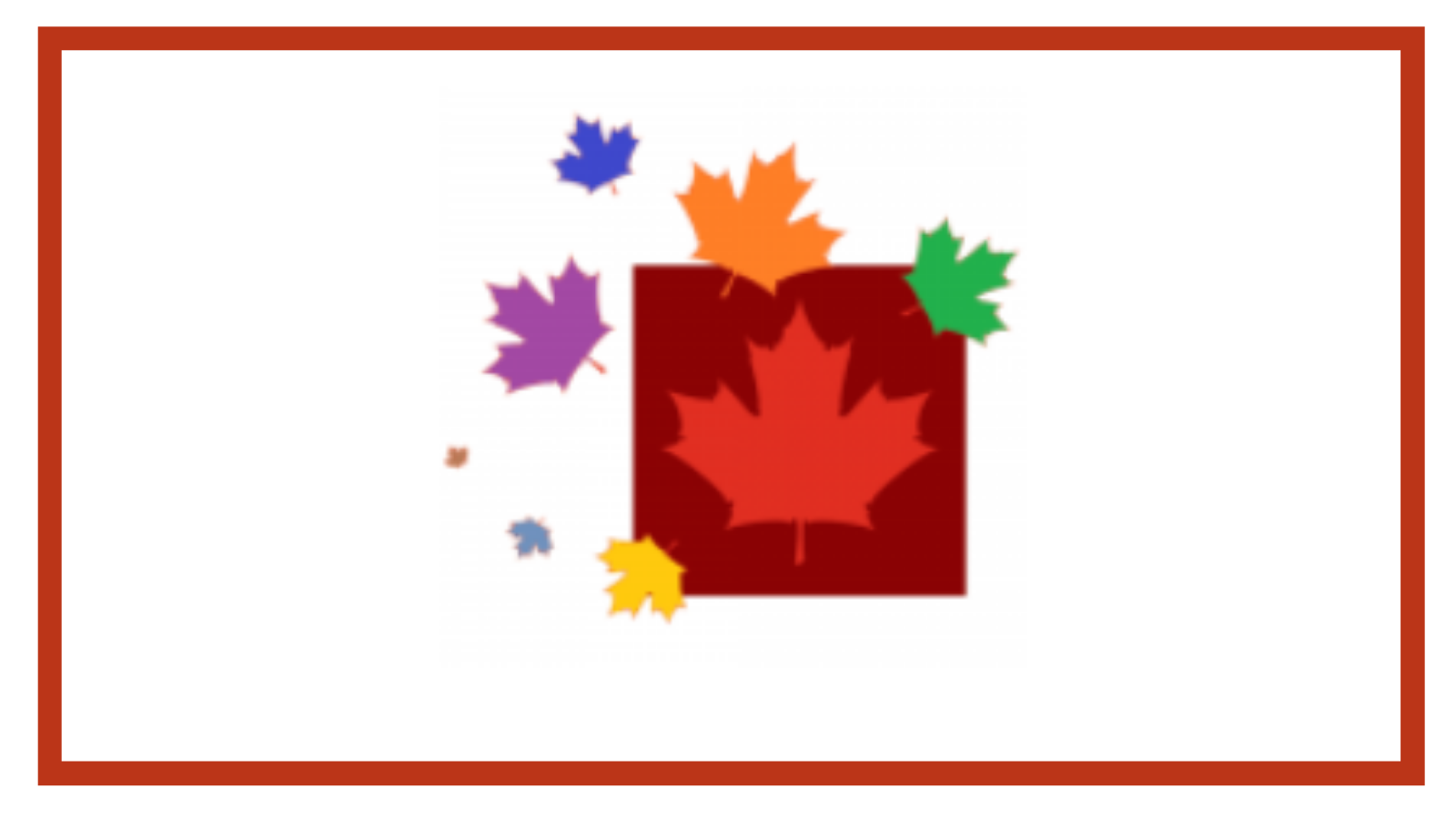In the fall of 2015, in the heat of a federal election, the country was deeply moved by images of refugees fleeing the Syrian civil war. No image had a greater emotional impact — or did more to influence Canada’s decision to open its borders to these refugees — more than the picture of three year-old Alan Kurdi’s lifeless body washed up on a Turkish shore.
That image, more than anything else, made Canadians’ engagement with the Syrian refugee crisis a question of saving children and youth.
The new Liberal government maintained the previous administration’s basic framework for refugees by prioritizing families, those from minority religious groups and those fleeing persecution due to their sexual orientation. By March 1, Canada had accepted just over 26,000 refugees, with 58 per cent of the Syrian cohort being under the age of 25 — 48 per cent just 15 years old or younger. Another 10,000 refugees are expected to arrive before the end of 2016 with a similar age distribution.
So when we talk about Syrian refugees coming to Canada, we are talking largely about young people who have been living in refugee camps for a while, and have had limited or interrupted educations. Despite such obstacles, previous social science research tells us that we should expect many of these kids to do well, based on the experience of other refugee cohorts to Canada. In fact, refugee children have higher rates of post-secondary education than their Canadian-born peers; about 30 per cent of them attend university.
But we don’t yet know whether we can assume this pattern of educational success will apply to the newly-arrived Syrians. Refugee children and their families face the risk of social and psychological problems as a result of the challenges they experience during resettlement.
Research has shown that refugee kids are likely to experience changes in family dynamics, struggles with mastering a new language and a new education system, racial discrimination, bullying and mental health challenges — both before and after they settle in their new homes.
Fortunately, these problems are all interrelated and preventable — with the right intervention. And Canada’s extensive experience with refugee resettlement has made us experts on the subject.
One of our first priorities must be second language training. Empirical evidence shows that it takes refugee children years to develop fluency in either English or French at the level of their monolingual peers. Social integration and family stability also will be challenging for Syrian refugees, as it is for all migrants. Child-rearing techniques common in Syria — such as leaving children with siblings — will pose challenges for refugee families. Child refugees also frequently become “cultural brokers” for their parents, shifting household power dynamics and introducing new understandings of children’s rights. Despite the many advantages of settling in a new country, the associated changes to the structure and power balance of the family may negatively affect refugee children.
Beyond these broad problems (which are shared by many different groups of refugees), there’s also the particular concern about radicalization of adolescent Syrian refugees — something that becomes a particular source of worry if we fail to meet their educational, mental, physical and social needs immediately after resettlement. The good news is that we have evidence-based options to prevent these problems before they occur, through social interventions in schools and communities and better public policies.
But alongside these interventions, we need to start investing now in research and program evaluation on refugee resettlement. If we can identify the protective factors that ensure the successful integration of children and youth over time, we’ll be far better able as a country to reach out to other cohorts of forcibly displaced people. We’ll also learn how to ensure that the immense potential of young refugees is tapped in a way that benefits them, their families and their new home.
Howard Ramos is a professor in the department of sociology and social anthropology, Dalhousie University. Michael Ungar is a Canada Research Chair in Child, Family, and Community Resilience, Dalhousie University.
Howard Ramos is a political sociologist at Dalhousie University, Halifax, who investigates issues of social justice and equity. He is currently working on projects looking at Atlantic Canadian, secondary cities, integration of immigrants and refugees, hockey and multiculturalism, and the social implication of AI and new technology.





